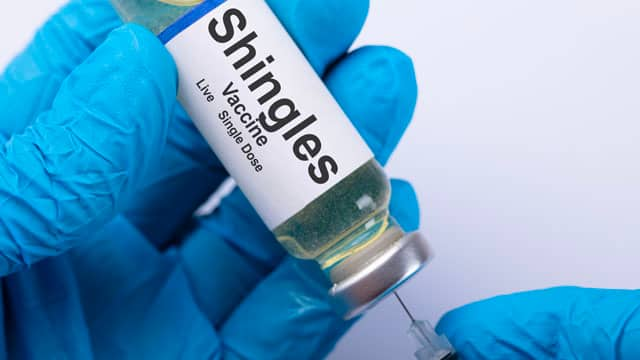What is HIV/AIDS?
HIV (human immunodeficiency virus) is the virus that causes AIDS (acquired immunodeficiency syndrome). This virus is passed from one person to another through blood-to-blood contact (blood transfusions, HIV-infected needles) and is a sexually transmitted disease or STD. Also, an infected pregnant woman can pass HIV to her baby during pregnancy and delivery and even through breastfeeding.
AIDS occurs when the HIV infection has weakened one's immune system to the point that it has difficulty fighting off certain illnesses and infections. "Opportunistic" infections also occur, taking the opportunity to cause illness in a weakened immune system.
How Do I Know if I Have HIV/AIDS?
Dental problems such as sore bleeding gums, herpes sores in the mouth, and fungal and candida (yeast) infections may be among the first signs of AIDS. However, you should not assume you are infected if you have any of these symptoms, as they occur in the general population. The only way to determine whether you are infected is to get a test for HIV infection. Consult your doctor or another healthcare professional to learn more about HIV/AIDS and getting tested.
A positive HIV test result does not mean that you have AIDS. The latter is a medical diagnosis made by a doctor based on specific criteria. You also cannot rely on symptoms to know whether or not you have HIV. Many people who are infected with HIV do not have any symptoms at all for many years.
The following may be warning signs of infection with HIV:
- Rapid weight loss
- Dry cough
- Recurring fever or profuse night sweats
- Profound and unexplained fatigue
- Swollen lymph glands in the armpits, groin, or neck
- Diarrhea that lasts for more than a week
- White spots or unusual blemishes on the tongue, in the mouth, or the throat
- Pneumonia
- Red, brown, pink, or purplish blotches on or under the skin or inside the mouth, nose, or eyelids
- Memory loss, depression, and other neurological disorders
How Do I Prevent HIV/AIDS?
There are many ways to prevent the transmission of HIV. HIV transmission can occur when blood, semen, vaginal fluid, or breast milk from an infected person enters your body. Talk to your doctor to determine if you may be in an at-risk category and a fit for being prescribed pre-exposure prophylaxis (PrEP). For more information on HIV/AIDS prevention, consult with a physician or other healthcare professional.
Many people worry about the risk of infection through a blood transfusion. Since 1985, all donated blood in the United States has been tested for HIV. The U.S. blood supply is considered to be among the safest in the world.
Can I Get HIV at the Dentist's Office?
Due to the nature of the dental treatment, many people fear that HIV may be transmitted during treatment. Universal standard precautions, as described by the CDC, are used for every patient to prevent the transmission of HIV and other infectious diseases.
These precautions require dentists, dental hygienists, and dental assistants to wear gloves, facemasks, and eye protection and sterilize all handpieces (drills) and other dental instruments for every patient-specific sterilization procedures outlined by the Centers for Disease Control. Items that cannot be sterilized are discarded in special containers. After each patient visit, your dental professionals will discard their gloves, wash their hands, and put on a new pair of gloves for the next patient.
If you're feeling anxious, it can be helpful to spend a few minutes asking your dentist any questions you may have about health and safety precautions. This way, you can put your mind at ease.
How is HIV/AIDS Treated?
Today there are medical treatments that can slow down the rate at which HIV weakens the immune system. Other treatments can prevent or treat some of the illnesses associated with AIDS. As with other diseases, early detection offers more options for treatment.
If you're concerned about the possibility of an HIV/AIDS infection, the first step is to speak with your doctor about getting tested.
Oral Care Center articles are reviewed by an oral health medical professional. This information is for educational purposes only. This content is not intended to be a substitute for professional medical advice, diagnosis or treatment. Always seek the advice of your dentist, physician or other qualified healthcare provider.
ORAL HEALTH QUIZ
What's behind your smile?
Take our Oral Health assessment to get the most from your oral care routine
ORAL HEALTH QUIZ
What's behind your smile?
Take our Oral Health assessment to get the most from your oral care routine














